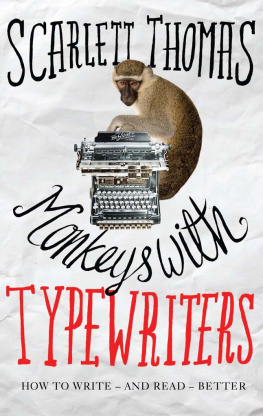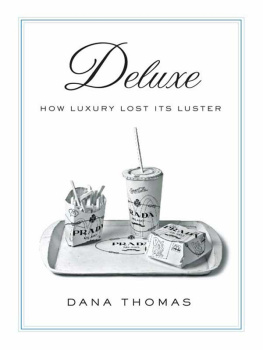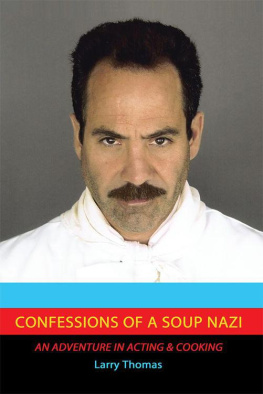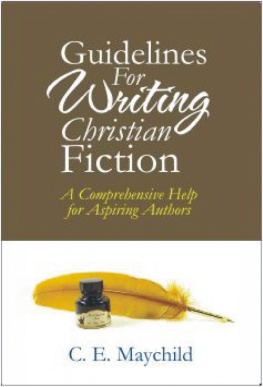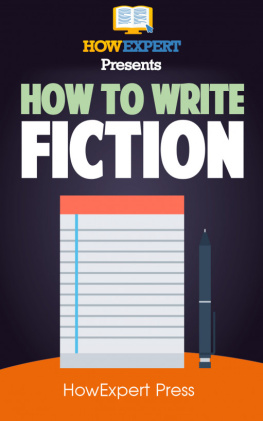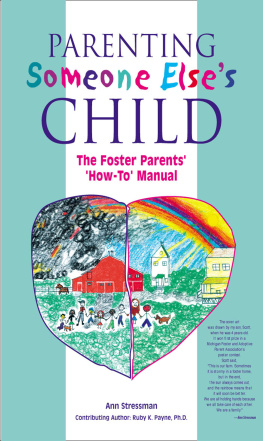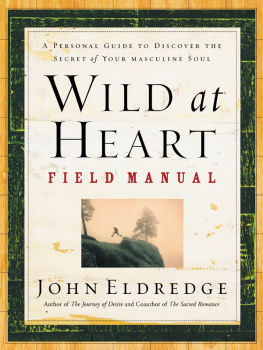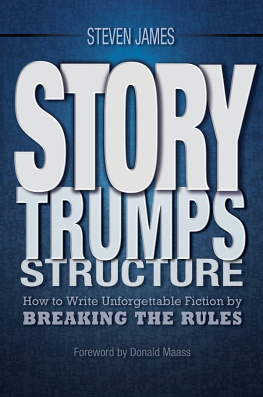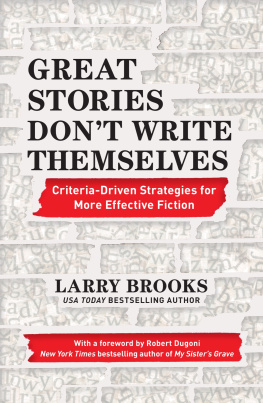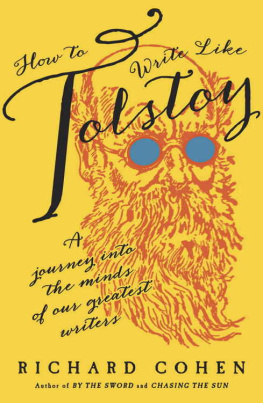Also by Scarlett Thomas
Bright Young Things
Going Out
PopCo
The End of Mr. Y
Our Tragic Universe

Published in Great Britain in 2012 by Canongate Books Ltd,
14 High Street, Edinburgh EH1 1TE
This digital edition first published by Canongate in 2012
Copyright Scarlett Thomas, 2012
The moral right of the author has been asserted
www.canongate.tv
British Library Cataloguing-in-Publication Data
A catalogue record for this book is available on request from the British Library
ISBN 978 0 85786 378 2
eISBN 978 0 85786 379 9
Platos Cave image Norah Perkins
Typeset in Plantin Light by Palimpsest Book Production Ltd, Falkirk, Stirlingshire
I think it is not for writers to solve such questions as the existence of God, pessimism etc. The writers function is only to describe by whom, how and under what conditions the questions of God and pessimism were discussed. The artist must be only an impartial witness of his characters and what they said, not their judge.
Anton Chekhov
INTRODUCTION
It was a rainy Tuesday in Canterbury, Kent. Id been teaching The Death of the Author by Roland Barthes to my third-year students, which was probably unwise. One of my senior colleagues had recently found out that Id been teaching literary theory to creative writing students, and she wasnt happy about it. What do you think youre doing? shed said, after a group of them had tried to borrow a sofa they needed for their seminar presentation on structuralism. Just teach them the difference between first person and third person and let them write, for Gods sake.
After that, no one was allowed to use furniture in a presentation.
This was during my first year of teaching. It wasnt how Id thought it would be. Id imagined turning up and finding groups of terrifyingly well-read students who all wanted to be Raymond Carver or Sylvia Plath. What I found were, mostly, quite modest people who hadnt even heard of Carver and Plath. They had some great ideas, and were often fascinating and charismatic in person. But when they wrote, their easy, natural voices often turned into formal, wordy, lumpen prose. Are you writing to your great-aunt? Id ask them. Id started setting essay questions like What is the point of metafiction? just to shake things up a bit. It wasnt working. So I was willing to try anything, even Barthes. My theory at the time was that if the students could read better, theyd write better. But more than that, I thought it would be useful to get away from the idea of author as genius and the sorts of biographical readings that made my students think that you could only write fiction if you were rich or beautiful or had a complicated personal history. I wanted the students to see how much the words on the page matter.
Teaching The Death of the Author hadnt actually gone that well. In the seminar Id introduced the students to the Infinite Monkey Theorem. This theorem states that a monkey hitting typewriter keys randomly will eventually, given enough time, produce the works of Shakespeare. I asked the students to imagine a monkey writing Hamlet completely by accident. If Hamlet had been written by a monkey with a typewriter, would it still mean something? Yes. Of course it would, wed decided, after a lot of frowning and thinking. Or maybe it was just me that decided. Anyway, the Infinite Monkey Theorem, I said, proved that it is the text that matters, not the author. It didnt really matter whod written Hamlet: it was a deep, moving and mysterious play because of the words on the page and nothing more.
I ended up with the odd feeling I often had in those days that Id taught something important and interesting, but that it hadnt had quite the effect I wanted. I half wondered if my colleague had been right, and I should just let the students write. After all, her students were doing OK, and writing some pretty decent short stories. My students all seemed to be beginning vast, peculiar novels about the afterlife.
Then there was a knock at my office door. It was an American student who always called me Professor Thomas, even though at the time I was a junior lecturer. I invited him to come in and sit down.
Professor Thomas, he said sadly, I just dont understand The Death of the Author, however hard I try. Especially this stuff about monkeys.
Yes, well, I said. Sorry. That was a weird example. But dont blame Barthes for that it was my idea. I thought it would help. Anyway, just focus on his essay.
But why are the monkeys typing in space?
Not space. Infinity. Although I guess it might amount to the same thing...
But why? he said.
I thought back to the class. There was something a bit, well, wrong about the monkeys with typewriters thing, but I couldnt put my finger on what it was. We probably all knew intuitively, even if we couldnt do the mathematics, how unlikely it would be that the exact combination of typewriter characters that made Hamlet would ever just randomly occur in nature. In fact, mathematically, youd need millions of universes and millions of monkeys for this to happen. There is only a one in fifteen billion chance that a monkey would even write the word banana randomly. But wed persisted in persuading ourselves that this thought experiment meant that the author doesnt matter, and that Shakespeare doesnt matter, even though we were all trying to be authors, or, at least, writers. Mathematically and philosophically, Shakespeare shouldnt matter. But I think we sensed that he did. Shakespeare himself was a random fact of nature, with almost the same genetic sequence as a monkey, and he produced Hamlet in less than a year.
But anyway, most of us had agreed that it was the words and sentences on the page that meant something, not the thoughts of the author (which you could never know anyway). But this student hadnt agreed with anything. Hed just looked lost.
OK, I said to him. Lets think about Bret Easton Elliss Lunar Park. We know from studying it that its all about fictionalisation, the limits of reality, fatherson relationships and so on. Now, imagine that Bret Easton Ellis walks in here now and says that the novel is actually all about goldfish, or clothes-pegs. Can he change the book by saying that? Just because hes the author? Its impossible, right? So we cant really take the authors intentions into account when reading, because they might change, or because the author may not even know what they are, or may have forgotten. We dont want the text closed, but opened...
I noticed that the student had begun to look a little quivery and was no longer concentrating on what I was saying.
Are you OK? I said.
He looked at me. Professor Thomas? he said. Honestly? If Bret walked in here now, like the real Bret? I just dont know what Id do. I love him.
That was the moment I realised.
We love writers.
However suspicious of language we might (rightly) be, we still love writers.
Why? Why do we love them more than random word generators, or immortals with nothing better to do than randomly strike typewriter keys for all eternity? Why would no one in their right mind want to read a computer-generated novel, even if it were possible to create one? I realised that we love our favourite writers because they are human, and they have made an effort to communicate something important to us. In knowing they are human we understand that they feel just as much as we do. We know that they understand what it means to want something you cant have, to love the wrong person, to be misunderstood, in pain, embarrassed and alone. Writers are important to us because they look at the world and see something interesting, and they manage to write it down in a way that makes our brief lives more substantial. We know that writers appreciate beauty, whatever we think that is, just as we do, because they are human. Humans are not able to sit around writing randomly until the end of time. We are fragile, finite and afraid. We suffer.
Next page
